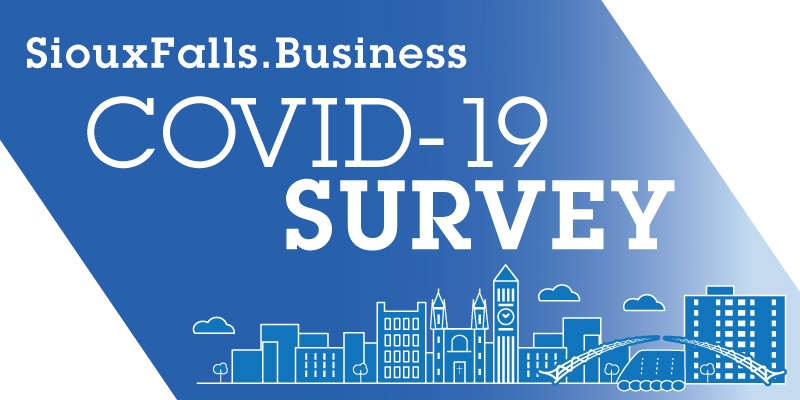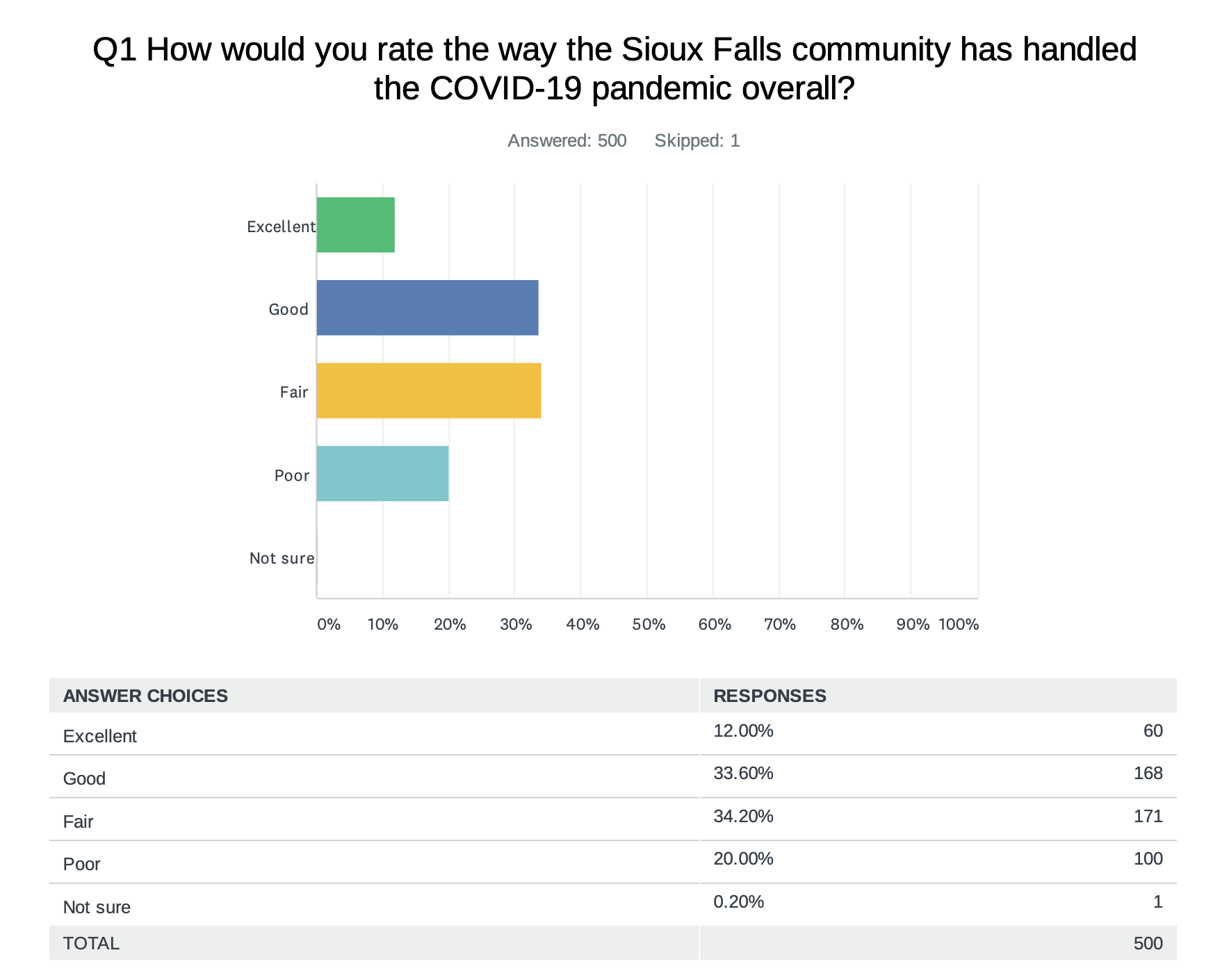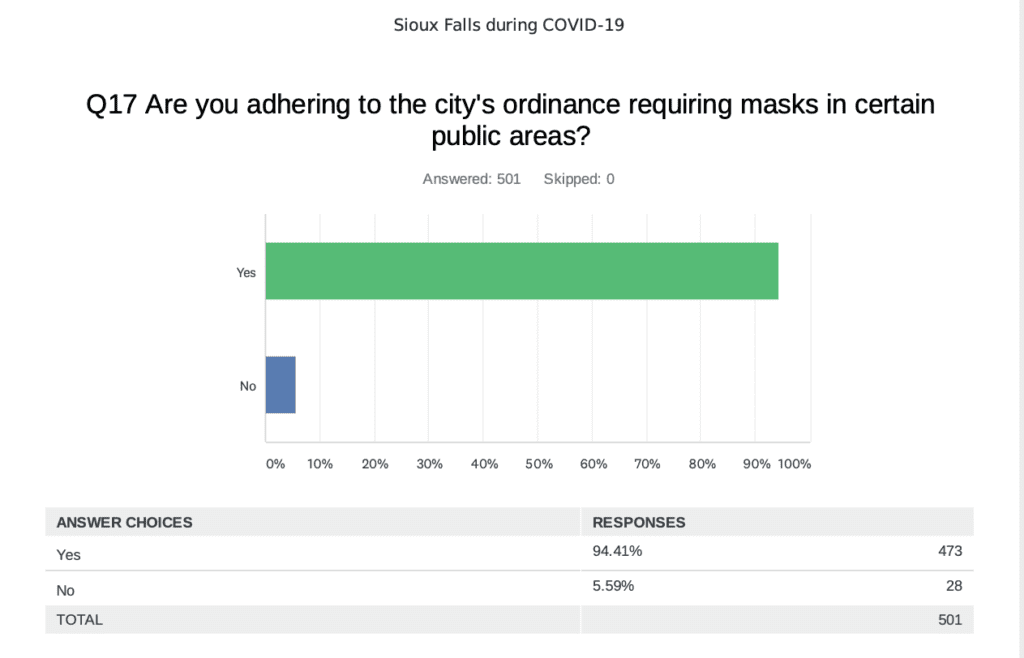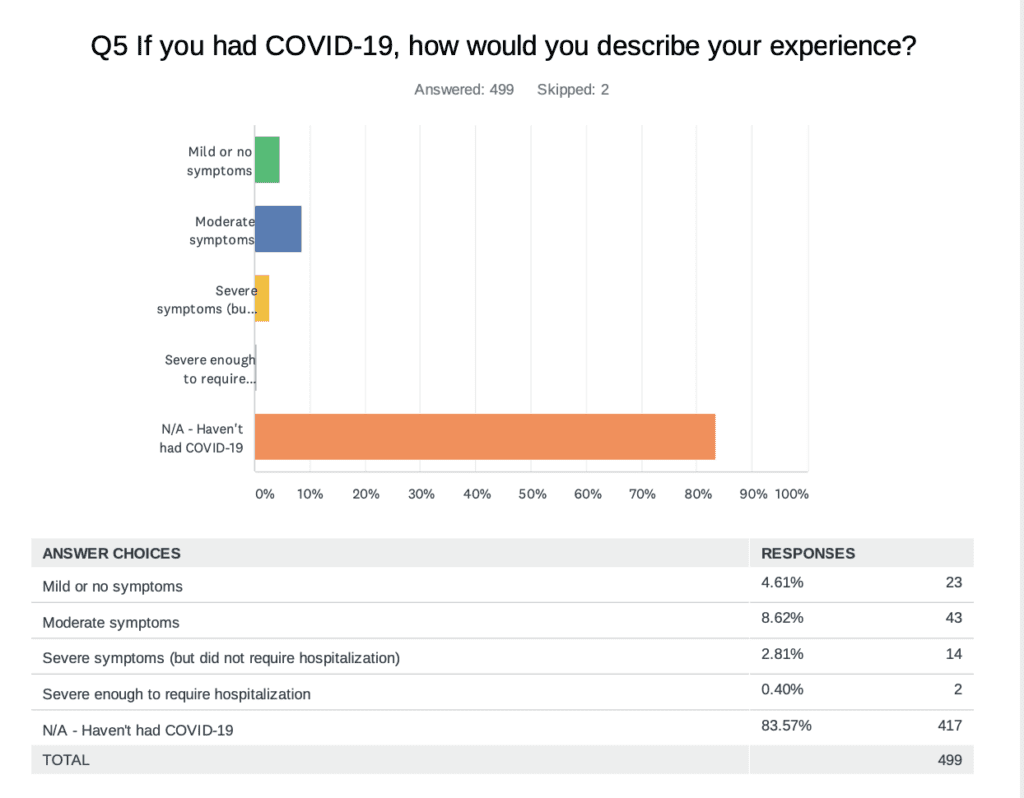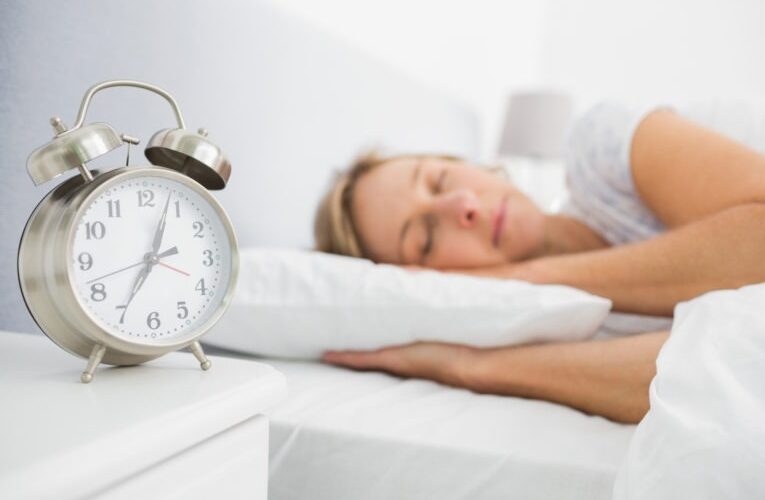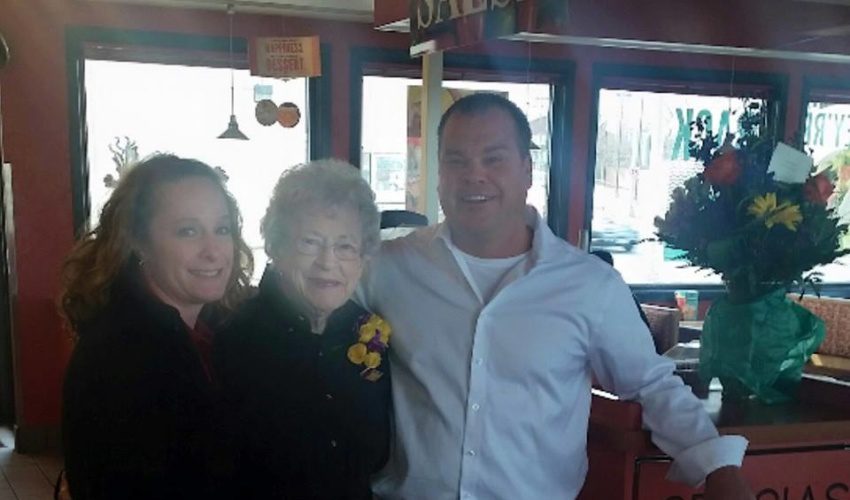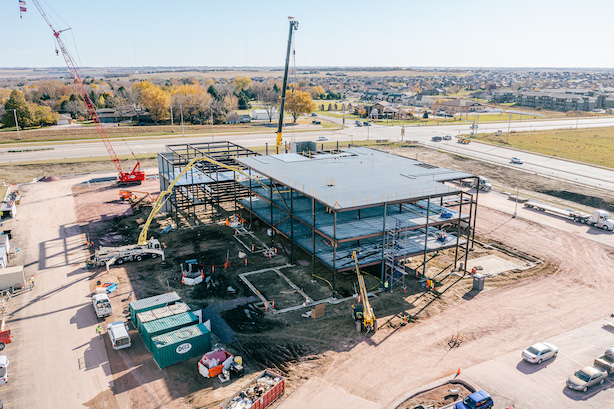Sioux Falls residents weigh in on COVID-19 response, masking, vaccinations
Dec. 28, 2020
The majority of Sioux Falls residents say the city did at least a fair job of responding to COVID-19 and that they will receive a vaccine, according to a new survey from SiouxFalls.Business and the Augustana Research Institute.
Those and other insights on how the community is responding to the pandemic at this stage came from 500 readers who responded to the open survey, conducted from Dec. 13-23. It is not a scientific survey, but it does include representation from all age groups. Respondents were 55 percent female and 45 percent male.
The survey respondents skewed slightly older than our previous two surveys, with 62 percent of respondents reporting they are 50 or older.
Our respondents also reflect a few populations. They are most likely English speakers. They are more likely to own a home. And they likely are engaged with news, or they would not have found the survey. So keep those things in mind to avoid thinking this survey should stand as representative for the entire community.
Those who felt the Sioux Falls community response was fair or poor totaled 54 percent, outnumbering those who called it good or excellent at 46 percent.
“I think we have placed appropriate restrictions at the right time to help public health but have also not stifled our businesses or shut down the schools,” said a female between the age of 35 and 49 who rated the response as “good.”
“It has been a logical and science-based approach. Well done.”
“I have seen too many people refusing to take this seriously, (going) about their lives as business as usual and not accepting their responsibility to help contain the virus,” said a female 65 or older who rated the response as “poor.”
Many said they did not believe fellow residents took the virus seriously enough.
Respondents also commented on both sides of a mask mandate, with some saying they’re unhappy with mask requirements and others saying they thought the city’s mask mandate should have come sooner and should have included a penalty for violating.
Eighty-four percent said they believe wearing a mask helps slow the spread of COVID-19.
Ninety-four percent said they are adhering to the city’s ordinance requiring masks in certain public areas.
Those who are complying said it’s because:
“Masks are the single best mitigation measure we can take against a virus/disease that spreads through droplets.”
“We all have a responsibility to our neighbor. I would hate for someone more vulnerable than me to get very sick because I wouldn’t simply wear a mask in public. It is a very simple thing to do to potentially save a life.”
“Masking works. It shows that I care about others to help reduce their risk of getting COVID.”
“For the safety of people around me and for myself. It doesn’t hurt me to wear one, so even if isn’t as effective as we think, I’m not out anything. It can only offer benefit to me.”
Those who are not complying said it’s because:
“Because I live an active and healthy lifestyle, and I don’t believe they help. We never wear masks when we have a spike in influenza.”
“The data used to justify universal masking is misapplied: Iit is from specific circumstances. Universal masking has very mixed results after study.”
“The mask has been the banner of a false narrative. The mask is a placebo.”
“They don’t work. … The size of the molecule of the virus is 1000 times smaller than the N95 mask will filter. You should publish this!!”
And some were in between:
“Mostly when the place states it’s required so as not to cause problems should an employee or fellow customer wish to confront you. And not always due to the severe discomfort, overheating, feeling of being unable to breathe, can’t see where I’m walking due to glasses fogging over and can admit I am stubborn, hard-headed and selfish at times.”
“Feel peer pressure to do so. Personally I don’t think the masks work because most people wear them occasionally instead of all the time, so what’s the point.”
Respondents on testing, quarantine and infection
COVID-19 has become an increasingly personal experience for residents, respondents said. All but 2 percent said they know someone who has had COVID-19.
Forty-one percent have been tested for COVID-19. Of those, about three in 10 tested positive.
Eighty percent of respondents also said they would seek a test if they thought they had COVID-19.
Those who said they would be tested said they wanted the confirmation, wanted to know so they would be less likely to infect others and to protect family and co-workers.
Responses of those who would not be tested included:
“I do not believe the test is accurate.”
“Too many ‘symptoms’ associated with the virus that could trigger a positive result.”
“Confident I’ve already had it. If I felt poorly, I would avoid people just like I would for the flu.”
Of the 82 people who responded that they had had COVID-19, 23 said they had mild or no symptoms, 43 people said they had moderate symptoms, 14 people said they had severe symptoms but were not hospitalized, and two had cases serious enough to require hospitalization.
Most survey respondents also have not had to quarantine because of an exposure to COVID-19 – only about one-third.
And 92 percent said they felt they had the information needed to know how to appropriately quarantine or isolate.
Respondents plan to receive vaccine
A strong majority – 71 percent – of respondents said they plan to receive a COVID-19 vaccine when one is available to them, while 11 percent are not planning to receive the vaccine, and 17 percent aren’t sure.
“I trust the decision-making of those involved in the approval of a vaccination,” one respondent said. “Health care workers are comfortable getting one, and they are medically trained professionals. If they can trust it, so can I.”
“Not enough research to support a vaccine, could still get the virus even if I did get the vaccine,” another respondent said. “And if I stay healthy and active, I’ll be healthy.”
One respondent said she will receive the vaccine “to protect those around me,” she said. “I trust the scientists more than I trust myself since I am not a scientist, a politician or some conspiracy theorist on Facebook.”
Her vaccine likely will be delayed because she’s pregnant, she added, “so I am counting on others to vaccinate. I can only hope they will, and I will do my duty and return the favor when I can.”
Others said they would wait to see how early recipients of the vaccine respond to it, and some said they would only receive it if an employer required it.
“Some experts warn of infertility and death. Some experts say it may last a very short time,” one respondent said. “Some experts are very concerned about having no long-term studies.”
Other concerns of those who said they will not receive the vaccine include not trusting the manufacturers and the speed at which it was developed and tested.
“The data shows the vaccine to be highly effective and well-tested,” another respondent said. “I would not, however, give it to my children. I don’t believe the current situation warrants vaccinating children when it was not tested on them, and we don’t know that they really need it.”
SiouxFalls.Business will be releasing the rest of the survey results over the next two weeks. They will all be linked below.
Sioux Falls residents show continued reluctance to dine in restaurants, attend events
Back to school, working from home: Sioux Falls residents share how it’s going
Remembering the good: Sioux Falls shares 2020 moments, memories

